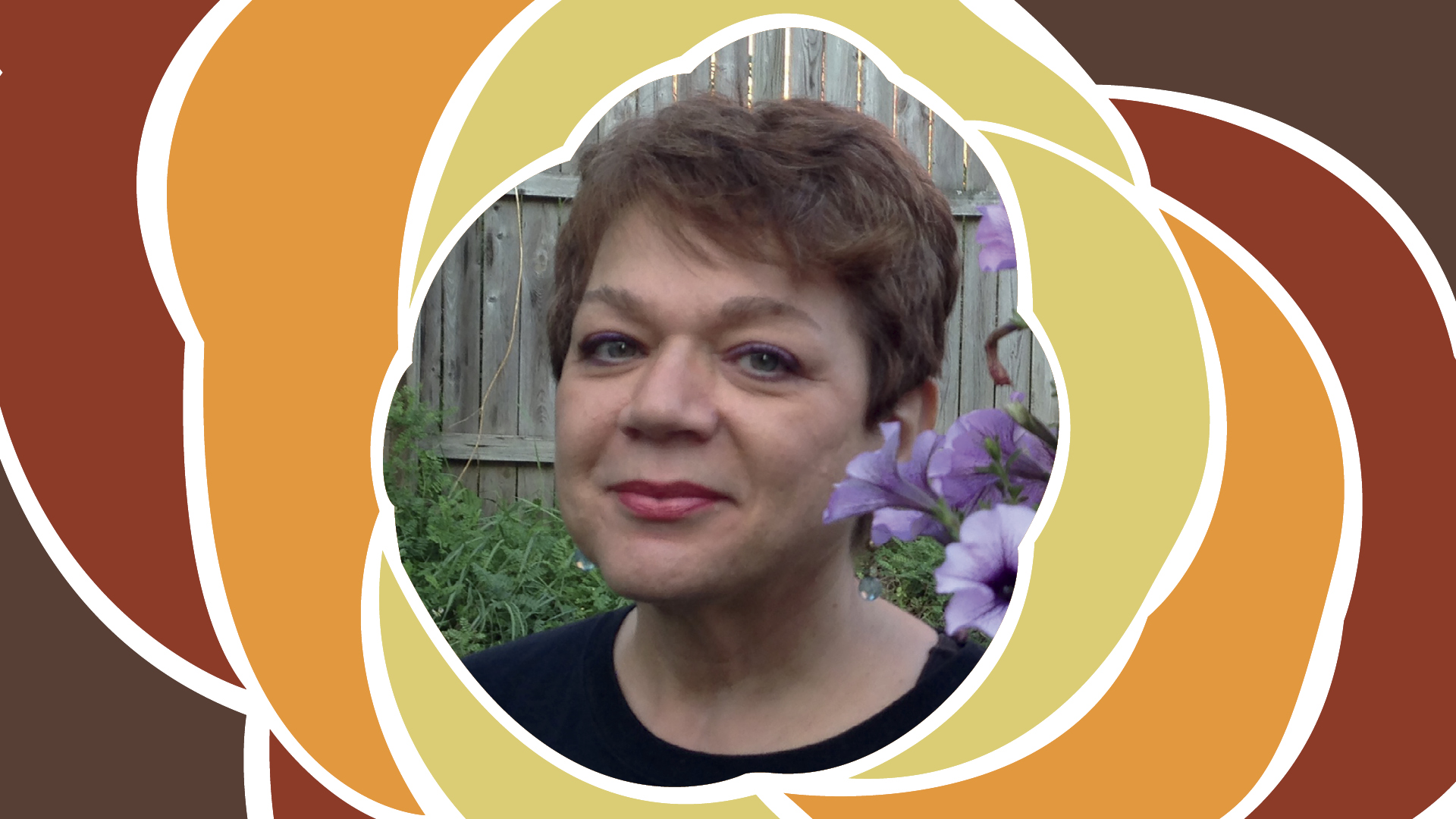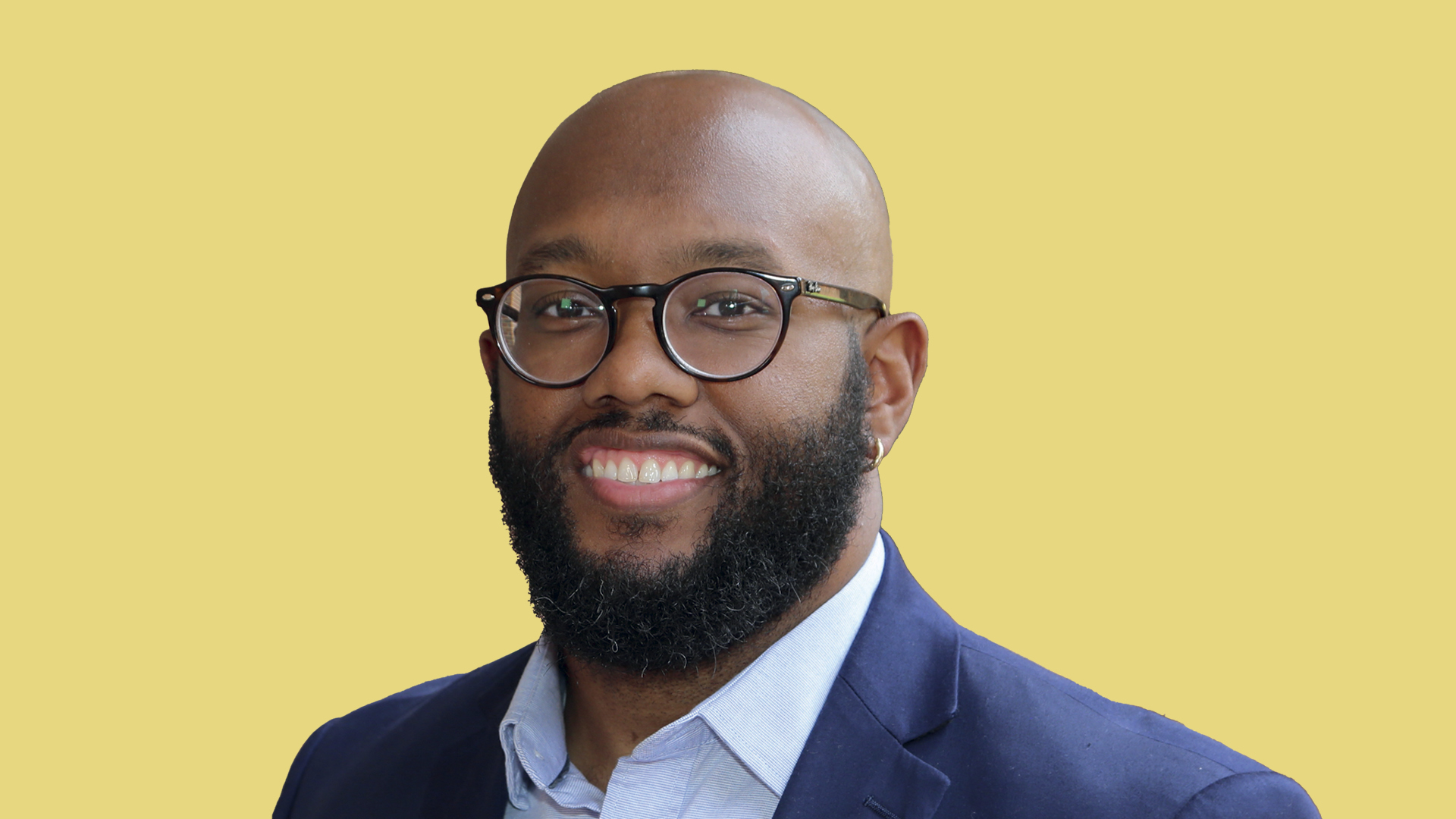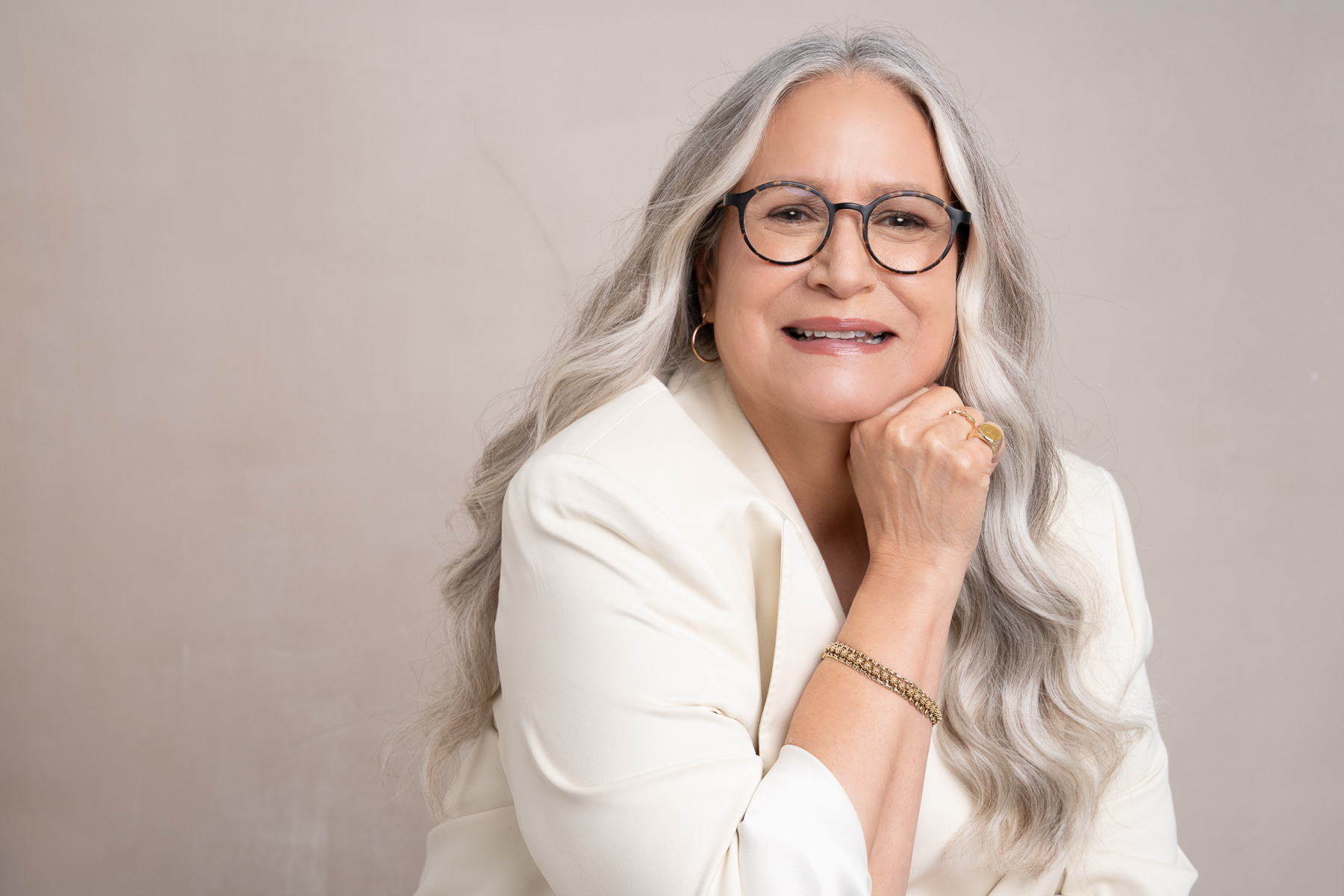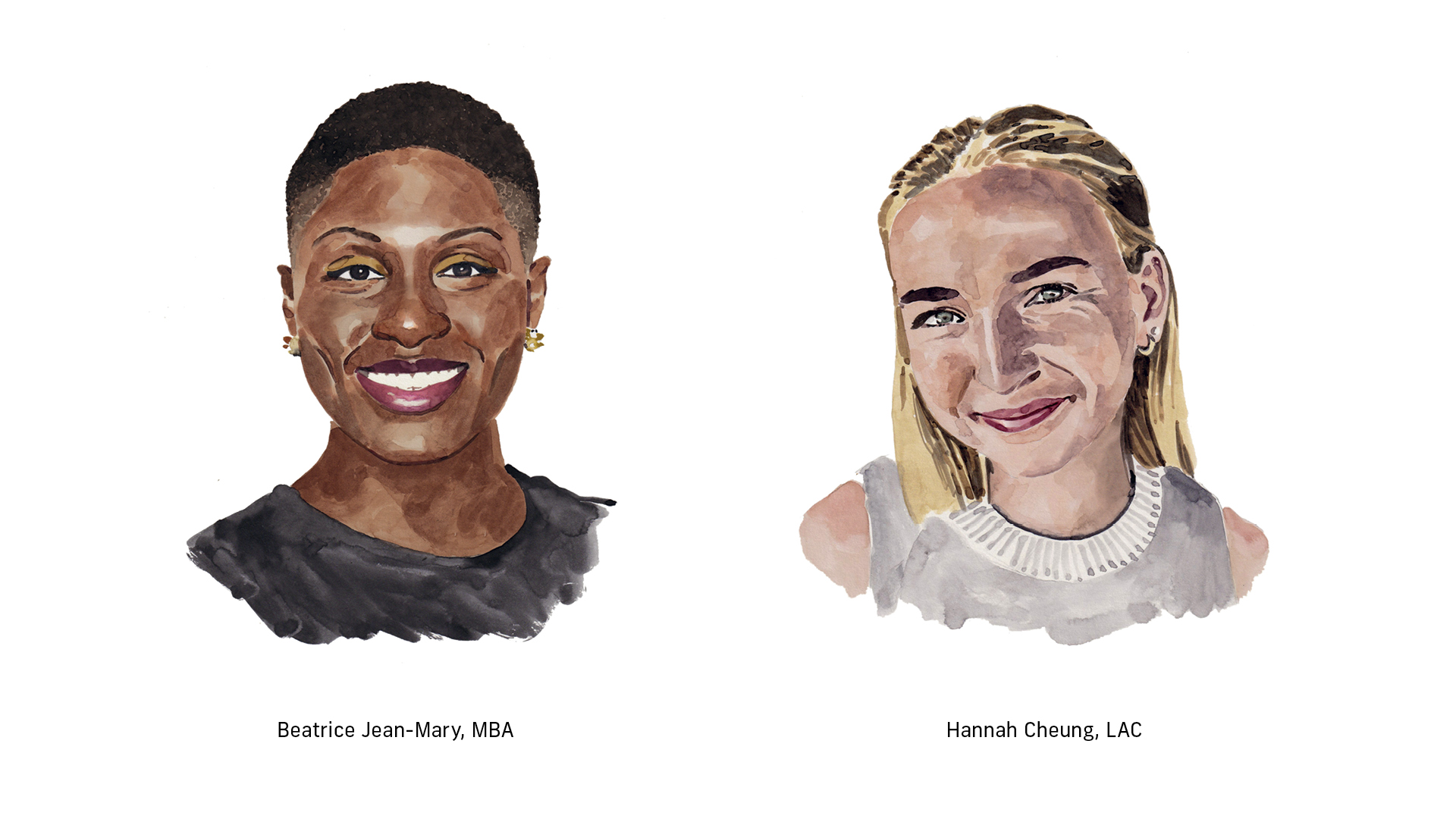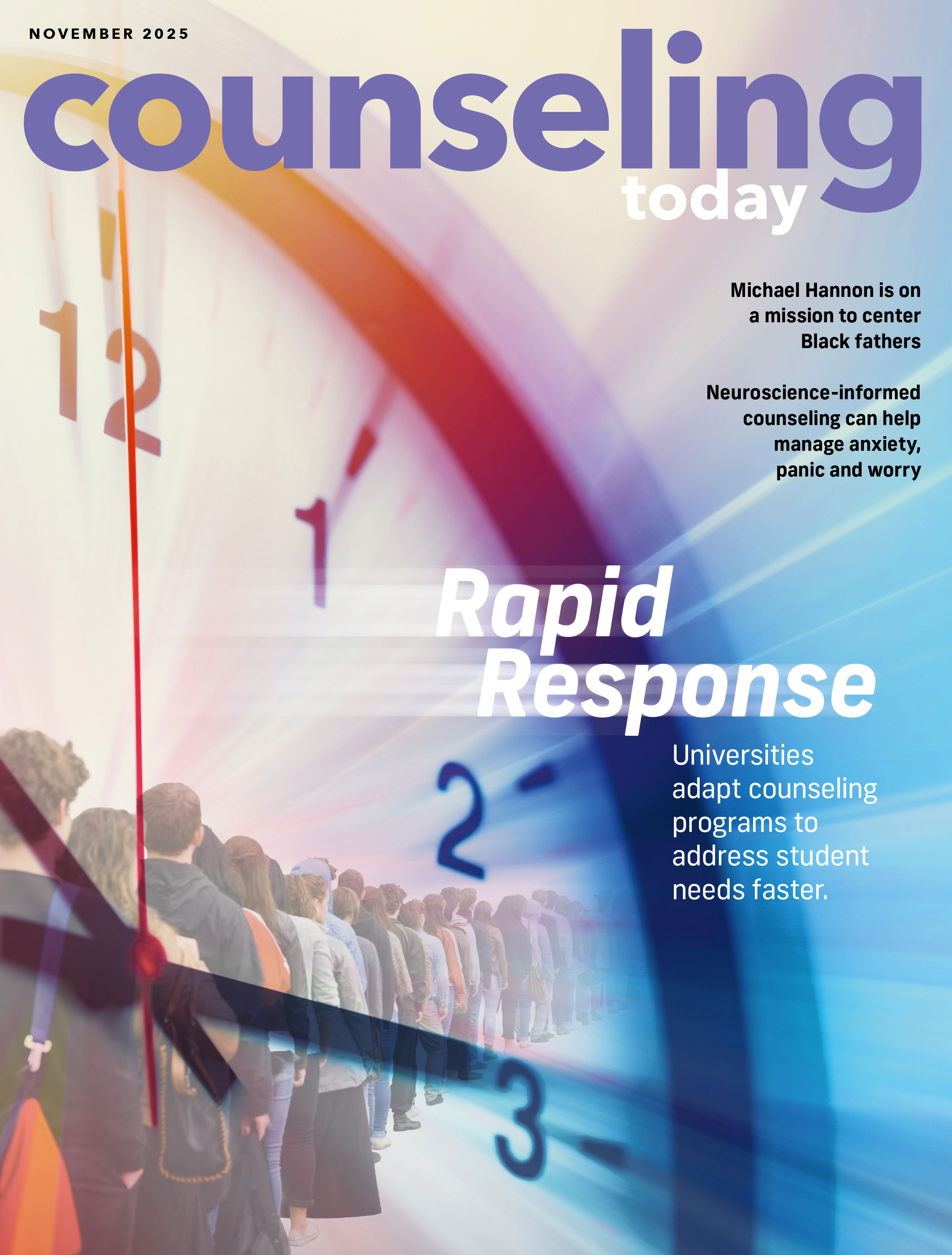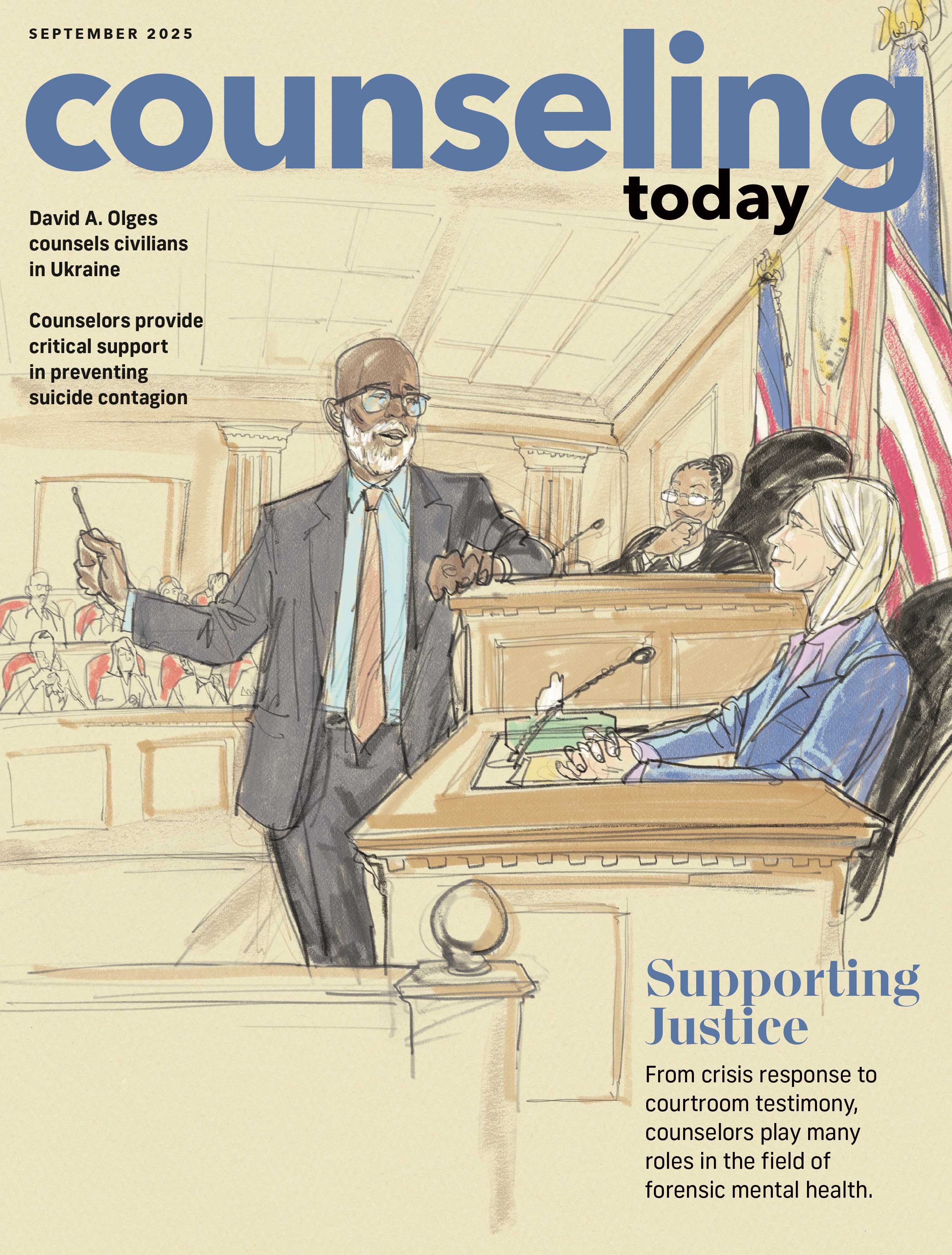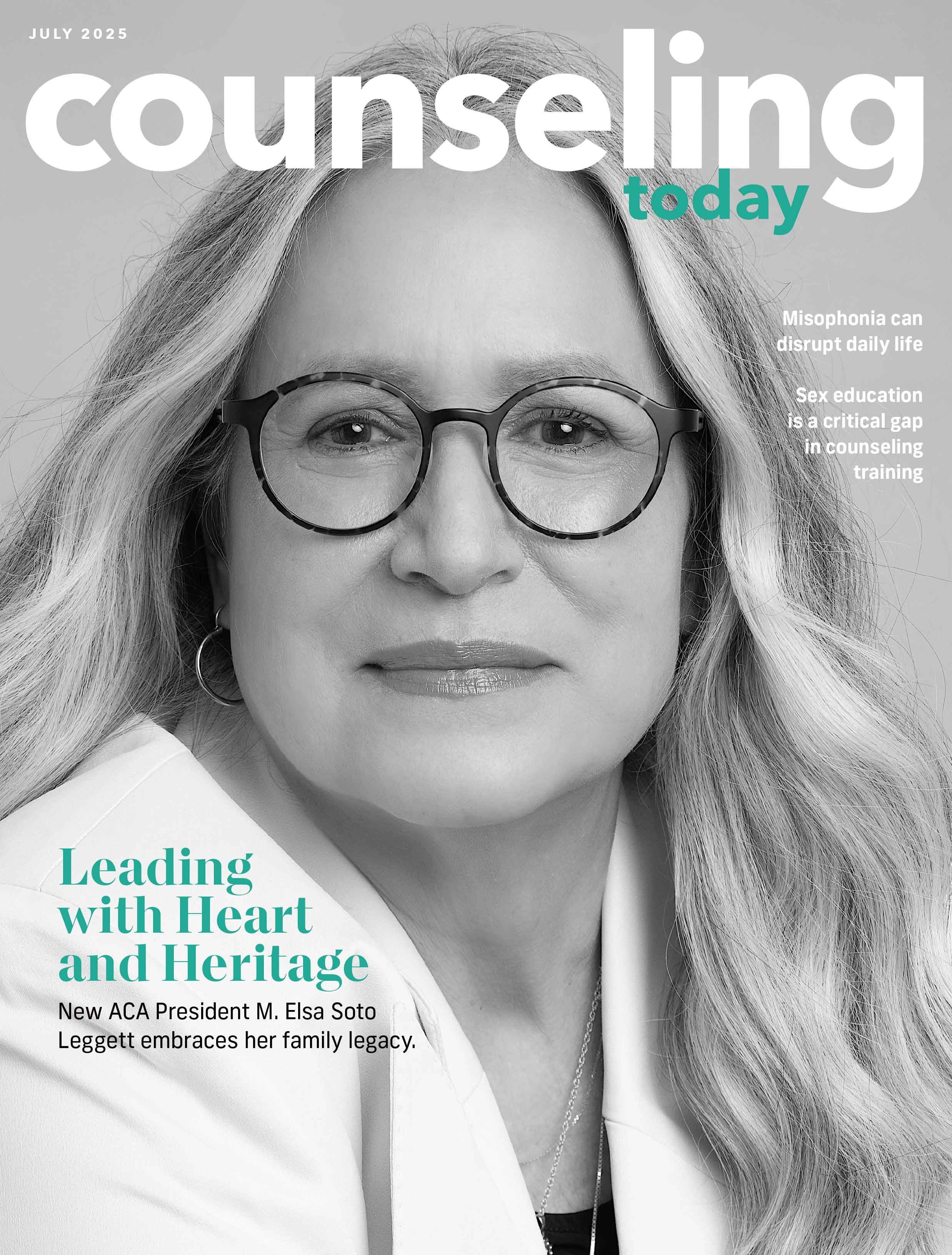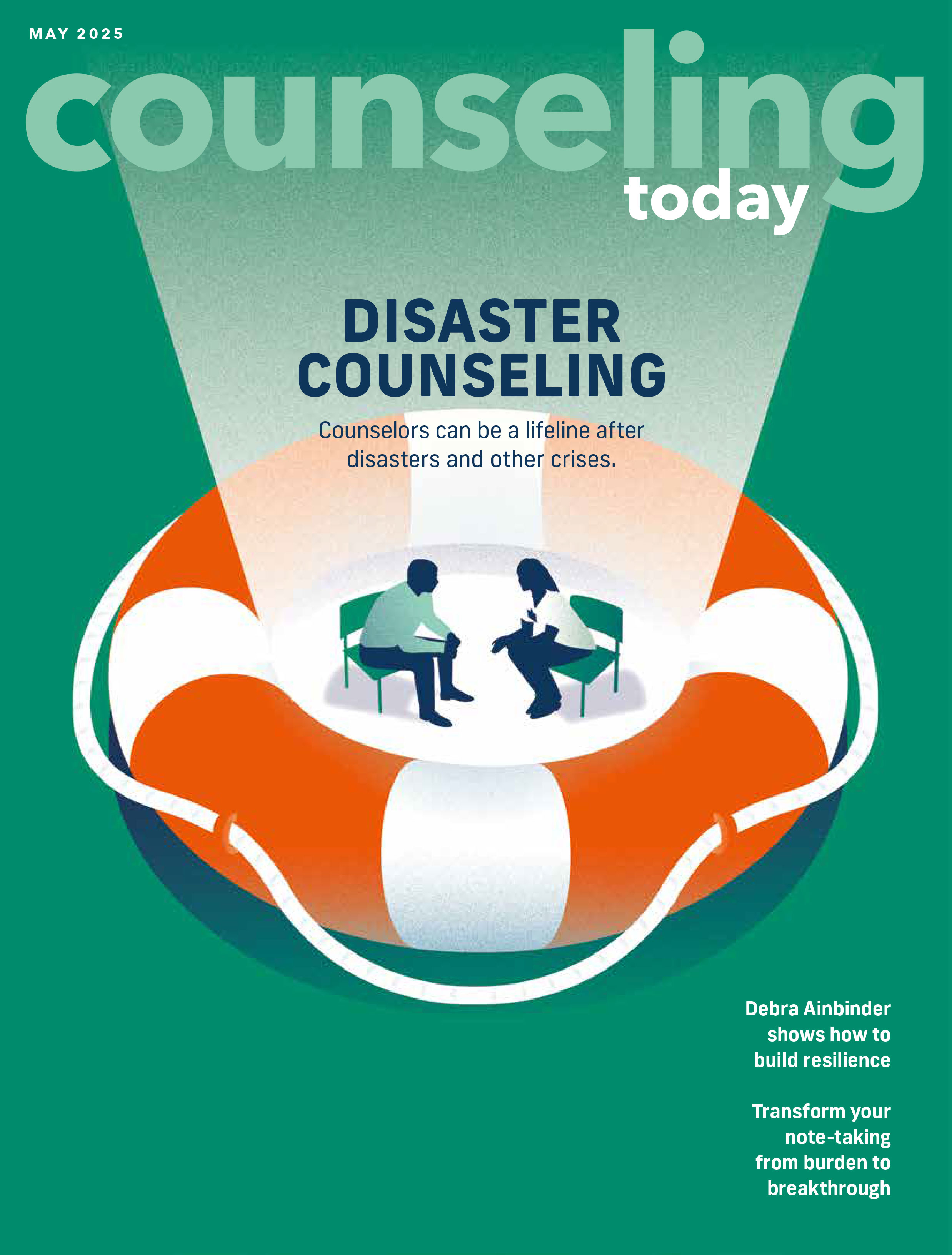
Rural Rhythms
Counselors provide vital services in underserved rural communities.
Counseling Today Member Blog
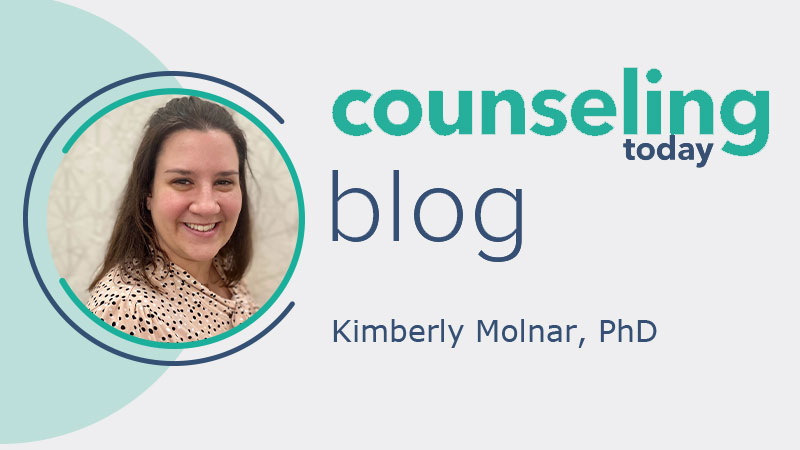 By Kimberly Molnar, PhD
By Kimberly Molnar, PhD
Along my counseling journey, I came to identify as a feminist, learning how systems of oppression functioned to maintain the status quo. This journey created questions about masculinity in counseling, concerns about the underrepresentation of male counselors in the field and alarm about the rigidity of emotional expression in men. Through self-reflection and research, I sought to determine how counselors could advocate to dismantle patriarchal systems while still honoring individuals: the cisgender men we support as clients and counselors.
My Experience with Masculinity in Counseling
My experiences with gendered counseling started early. The school counselors in my district were predominantly cisgender women in primary settings and predominately cisgender men in high schools. My university professors and supervisors were predominantly cis men. When I supervised my first male intern, I observed that he accessed spaces with students and faculty that I had previously been uninvited into. This was significant because men were not common in the school counseling field, specifically in primary levels of education. Shortly after I started learning about what it means to be a culturally competent counselor, it began to sink in that my identities not only shaped my worldview but would also shape my counseling practice. My femininity could prove to be an asset or a liability in any given situation. However, while discovering how my femininity impacted my counseling practice, I was curious about cisgender men, who hold dominant power in our social system, yet who were scarce in my graduate classes.
Cisgender male counselors are a critical part of the counseling profession; however, they are demographically underrepresented, making up only 23% of all U.S. counselors according to the U.S. Bureau of Labor Statistics. Cis men can also experience marginalization based on other social identities, such as race, sexual orientation or class. Counselors are charged with honoring diversity and promoting social justice, as stated in the preamble of the ACA Code of Ethics. Challenging the status quo of oppressive systems such as patriarchy seems to be part of the job description, as well as advocating for underrepresented voices. But how can we understand the intersectionality of counseling and masculinity? How do we challenge patriarchy and advocate for counselors and clients who are men?
My Research into Masculinity in Counseling
My experiences led me into research. I spoke with male-identifying counselors about their intersecting experiences between counseling and masculinity. Their experiences were both affirming and eye-opening. Research led by Dr. Rebecca Michel in 2015 found that male counselors reported a perceived inconsistency between their sense of masculinity and counseling. This can result in fear of portraying their masculine traits, which often leads to feelings of isolation. The confining expression of masculinity can inhibit clients’ progress in counseling. Conversely, my research found that cis men often find it empowering to break free of constraints of expression, leading to positive progress in counseling.
I learned cis male counselors used their own gender exploration to model exploration with clients. Previous researchers, most recently Fernando Estrada and G. Miguel Arciniega in 2015, have identified characteristics associated with masculinity to include strength, independence, achievement, family-centeredness, social responsibility and emotional connectedness. One interviewee discussed the steep learning curve of transitioning from solution-focused to emotion-focused language and how positive this change was for his clients. The reflexive relationship created a powerful tool for counselors and a way for individuals to access an awareness of how to use inherent power in a way that benefits others.
Conversely, gender can create limitations in counseling. Cis men report feeling hyperaware of their masculinity when working with women, especially women who have experienced male-perpetrated violence. These men can also feel restricted when working with other men, in concepts such as violence, denial of problems and difficulty achieving an intimate therapeutic alliance. Additionally, men can feel pigeonholed into environments where an “authoritative presence” is desired, such as corrections facilities. Gender socialization frequently confines the masculine construct, restricting thoughts, feelings and behaviors.
Application for Practitioners
I am not a man. Much of my advocacy lies in identifying where patriarchal practices oppress other perspectives. These conclusions do not detract from the experiences of counselors and clients who are marginalized in compounding ways because of their social identities. A trans man of color’s voice and experiences may be vastly underrepresented in most social spaces, not just in counseling. As an educator, I see value in promoting the importance of masculinity in counseling. The importance of including individuals of diverse backgrounds in the counseling profession is detailed in both the ACA Code of Ethics and CACREP’s national accreditation standards.
Here are some takeaways practitioners can keep in mind when working with male counselors and clients:
- Raising Self-Awareness: Practically speaking, multiple studies have concluded counselors should explore their own experiences and presentation of gender. When counselors reflect on their experiences of understanding and accepting their gender identity, their work with clients is influenced. According to a study published by Stephanie Crockett in Counselor Education and Supervision in 2018, men’s development as counselors requires personal development that often involves working through wounds related to their own masculinity and socialization as men.
- Using Gender-Informed Approaches: Practitioners may consider using a gender-informed approach in counseling sessions. This may look like examining power dynamics in session, particularly when working from a privileged lens (such as male or cisgender). For example, reflect on how decisions are being made between you and your client, consider how you regard your client or think about who controls the access to services. Counselors may consider raising this in session and exploring ways to redistribute power in session.
Supervisors and educators can promote self-awareness and exploration of gender among counselors in training, especially those who are men. In addition, we in the field need to recognize the difference between masculinity and patriarchy. We need to recognize that cisgender male counselors and clients are underrepresented. Therefore, advocating for their voices and their experiences to be heard is indeed smashing the patriarchy.
Kimberly Molnar, PhD, is a licensed school counselor and clinical professor at DePaul University in Chicago who specializes in educating both clinical mental health and school counselors. She recently contributed to the book A Therapist’s Guide to Adolescent Development.
Note: Opinions expressed and statements made in this blog do not necessarily represent the policies or opinions of ACA and its editors.
Online Exclusives
-
 Grand Prize Essay Explores Responsibility in Artificial IntelligenceDecember 2025
Grand Prize Essay Explores Responsibility in Artificial IntelligenceDecember 2025The Tomorrow’s Counselors Essay Competition recognizes graduate counseling students with exceptional insight and understanding about the counseling profession.
-
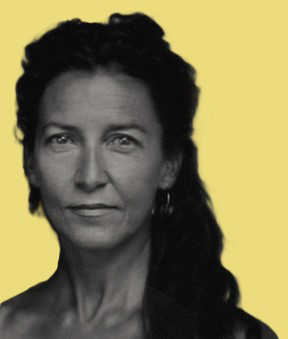 Grand Prize Essay Discusses Mental Health Challenges Among StudentsDecember 2025
Grand Prize Essay Discusses Mental Health Challenges Among StudentsDecember 2025The ACA Future School Counselors Essay Competition, part of the annual ACA Awards, recognizes graduate counseling students with exceptional insight and understanding about the school counseling profession.
Tags: -
 The Myths (and Truths) of Human TraffickingJuly 2025 |By Samantha Cooper, Staff Writer
The Myths (and Truths) of Human TraffickingJuly 2025 |By Samantha Cooper, Staff WriterUnderstanding the reality of human trafficking makes it easier to help the victims.
Search CT Articles
Current Issue
Sign Up for Updates
Keep up to date on the latest in counseling practice. Sign up to receive email updates from Counseling Today.
CT on YouTube
Download Recent Issues
ACA members receive access to past full issues of Counseling Today. Log in to download copies from the archive.

